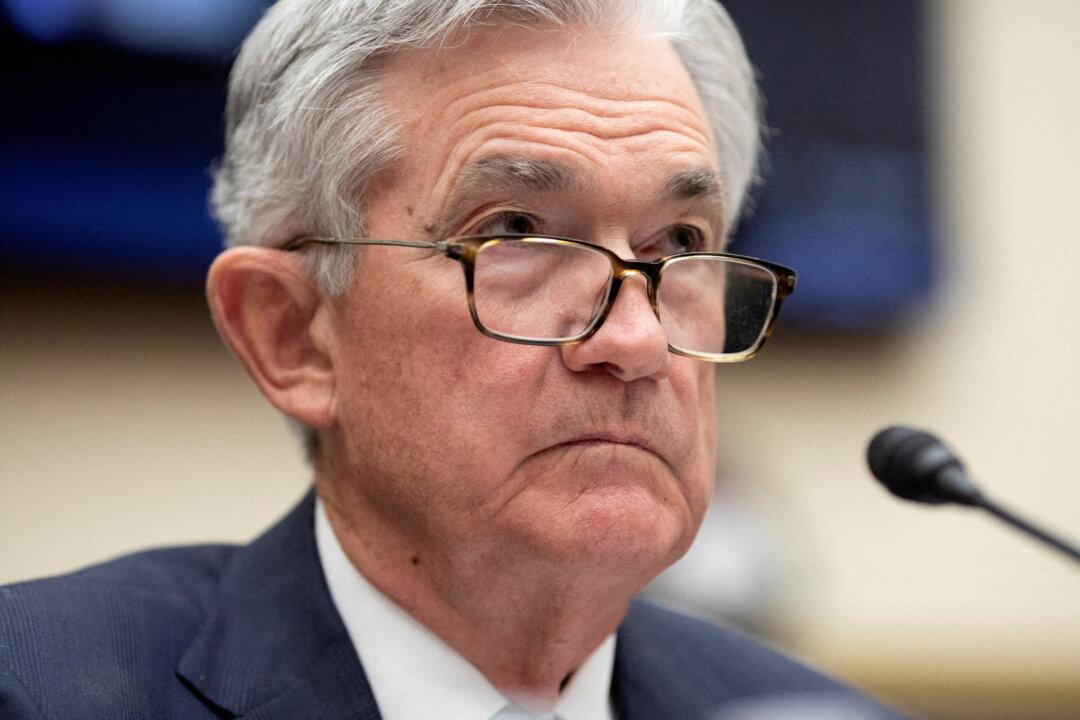Federal Reserve Chair Jerome Powell told lawmakers during a congressional hearing that the U.S. central bank is not a climate policymaker, reiterating comments about the Fed’s role in the environment.
Powell delivered his semi-annual Monetary Policy Report to the House Financial Services Committee on Tuesday, one day after appearing before the Senate Banking Committee.





